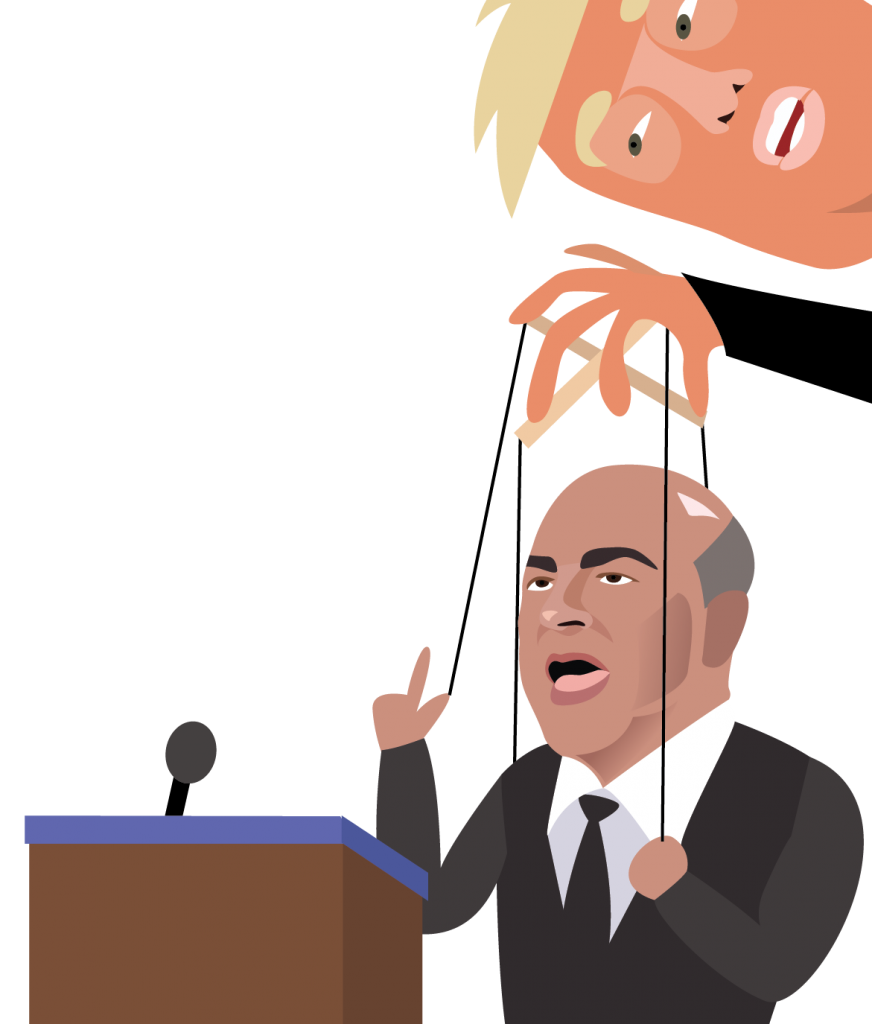Trump-style populism may not be in Canada yet, but the concept isn’t entirely foreign to Canadian politics either.
The rise of populist sentiment in both Britain and the United States is a worrisome trend for many, and Canadian residents in particular are closely watching developments south of the border. A proposal by Conservative leadership candidate Kellie Leitch that future immigrants to Canada be screened for anti-Canadian values is already causing concern.

Dr. Aaron Ettinger is an assistant professor in UW’s political science department who specializes in international relations and foreign policy. Ettinger defines populism as “the belief that [the] common sense of ‘ordinary people’ ought to be the basis of public decision-making.”
Although Brexit and the election of Donald Trump as president, the most recent examples of present-day populism, were part of an orderly democratic process largely nonviolent in nature, Ettinger cautioned that this is not always the case.
“Populism is only a form of democratic action if it is operationalized through democratic mechanisms,” Ettinger said. “Populism need not be democratic. The sentiments of ordinary people can be mobilized by authoritarians and strongmen.”
Ettinger also highlighted the inherent problems of assuming that the majority rules.
“Populism does not have a lock on virtue,” Ettinger said. “Crowds can be unwise, expertise still matters, majorities should not always prevail over minorities when basic rights are at stake.”
According to Ettinger, “Anger is driving much of the populism we see in the U.S. and Europe, in part because lots of people have a great deal to be upset about. This gives a sense of urgency to today’s populist movements, but there are other forms that seek to foster deeper political participation without the drama.”
Ettinger believes that Trump-style populism will not lead to any winners in the long run. According to Ettinger, “Everyone is a loser under Trump … More concretely, the losers will be those that hang their hopes on the promise that dramatic short-term solutions like Brexit or Trumpism can reverse long-term trends.”
Asked if Trump-style populism may be coming to Canada, Ettinger replied, “There are strains of xenophobia [here] which we see manifest in the Conservative leadership race. But remember, Canadian politics are different from American politics. We have different political and institutional dynamics, different voting patterns and cultural histories that create different incentives for Canadian politicians. Appealing to a Trump-style coalition of voters may not be a recipe for success in Canada. But populist parties in Canada have been successful in the past, so it is not out of the question.”
Ettinger is hopeful that Canada’s multicultural practices and policies will be helpful in preventing Trump-style populism from coming to this country and is optimistic that our shared Canadian values — “liberty, equality, tolerance and multiculturalism” — will prevail and make people think twice before voting for a populist leader.
He further remarked, “What is needed [to stop populism from spreading] are policies that enable people to have a reasonable chance at success in life. Leaving people’s fates to the competitive market is brutal and cruel. Therefore, a strong safety net should exist to backstop society.”




























